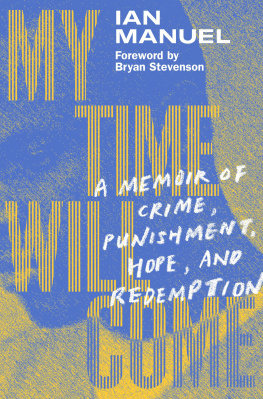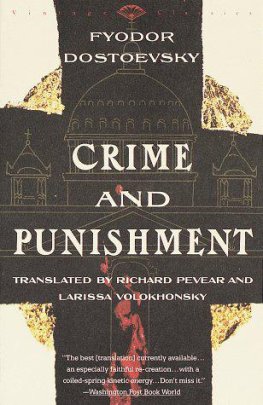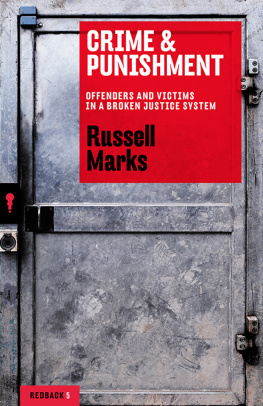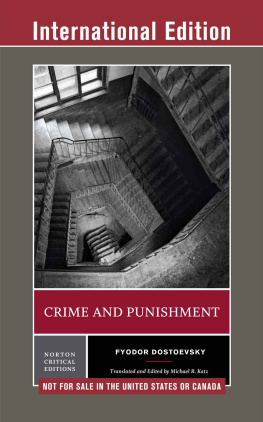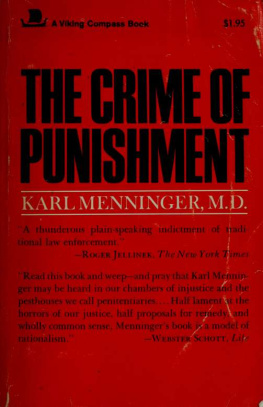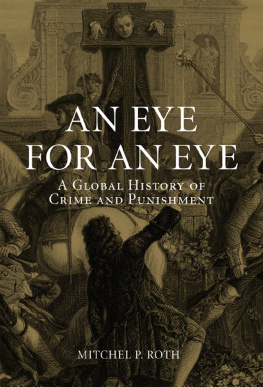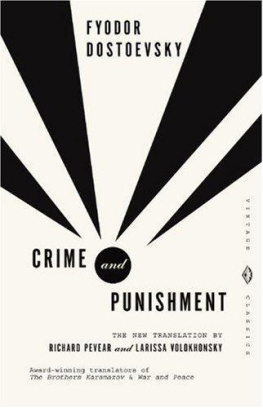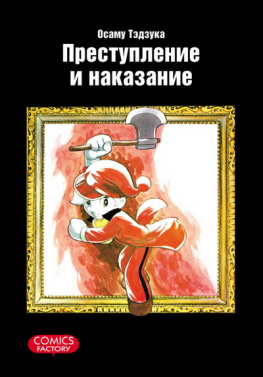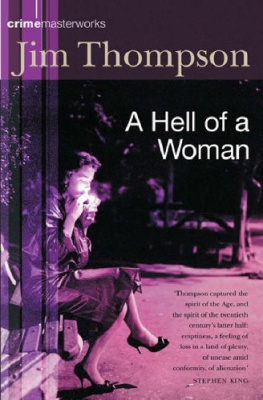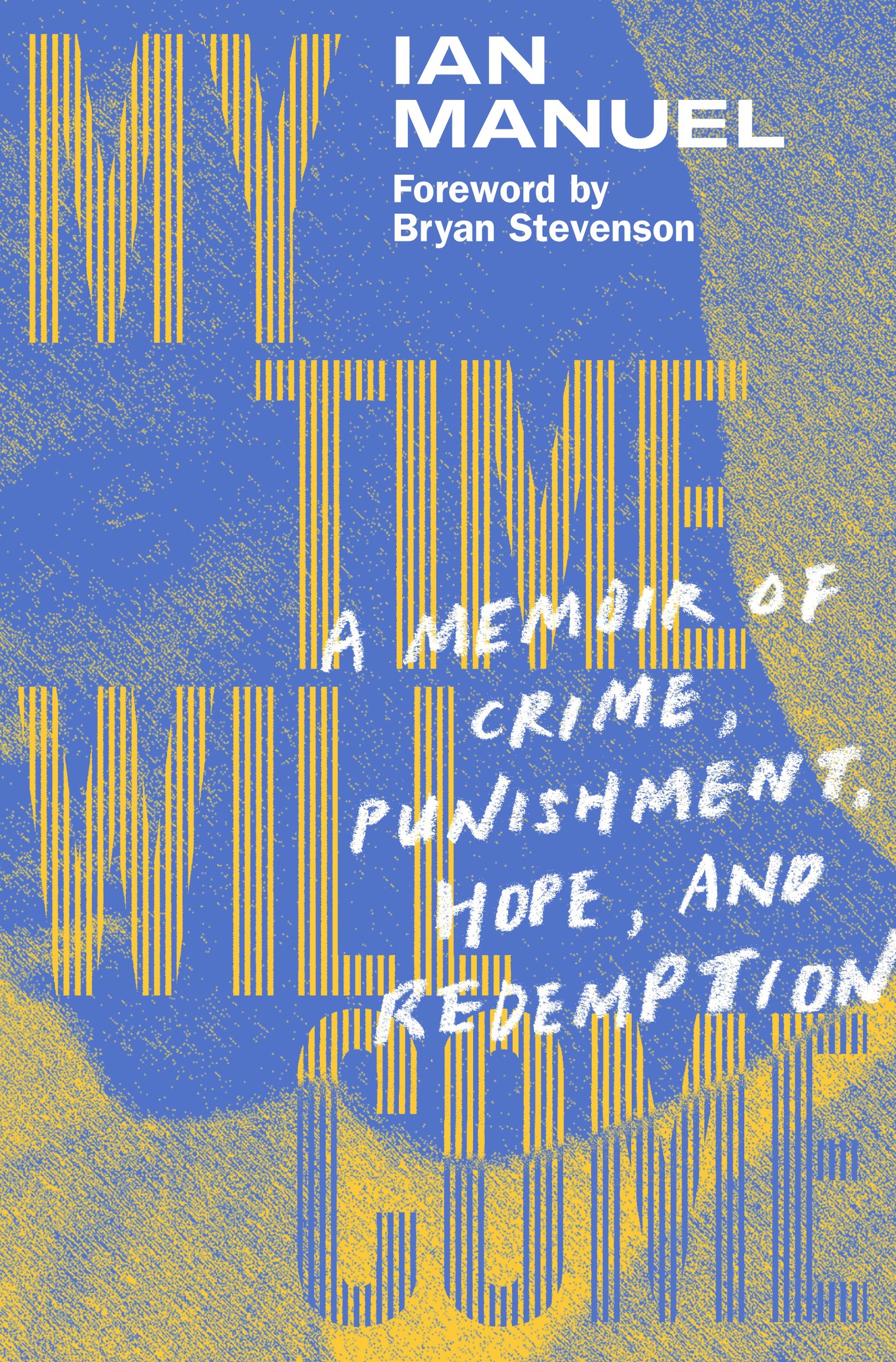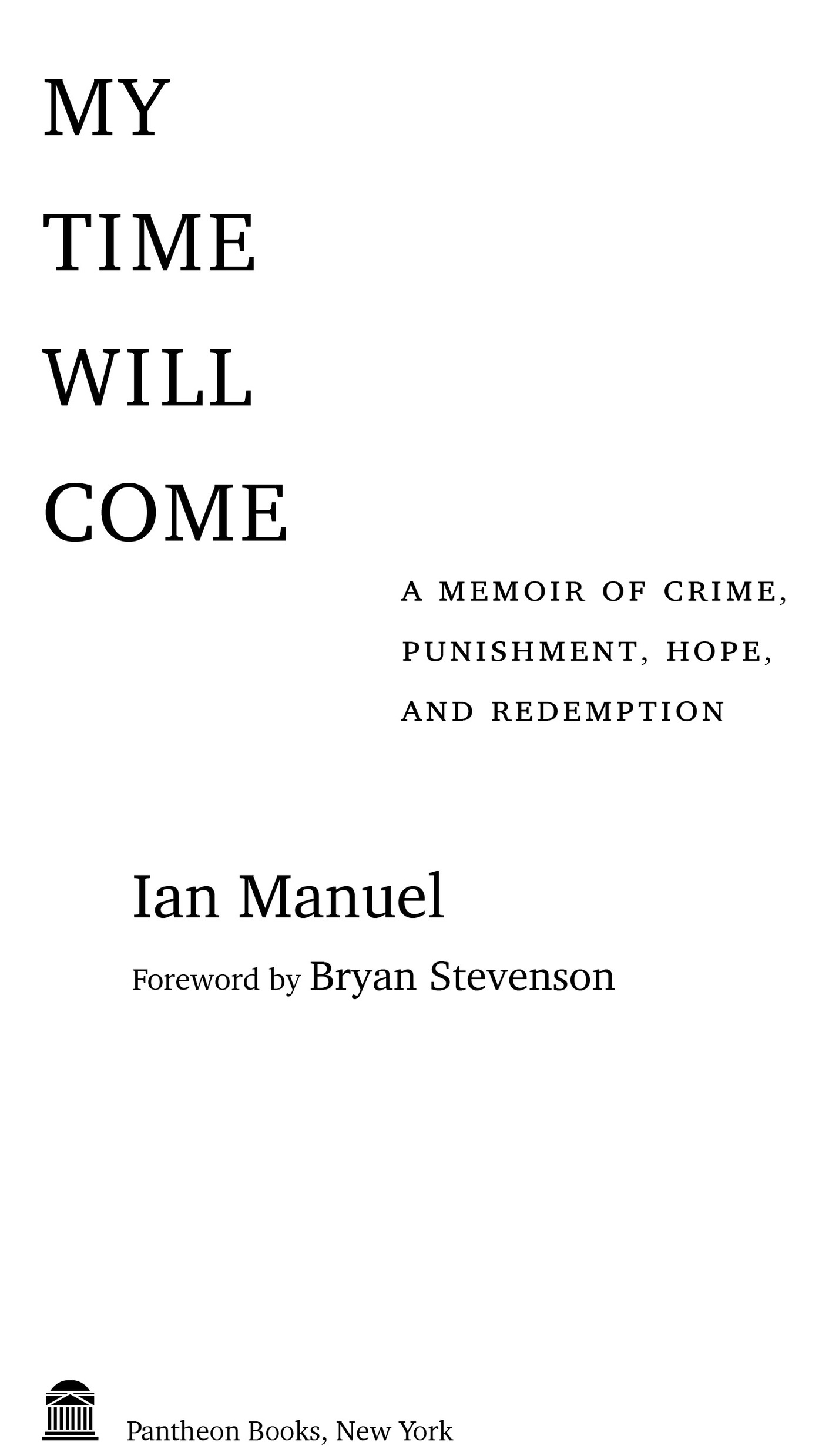Contents
Landmarks
Print Page List
This is a work of nonfiction. Nonetheless, some of the names and personal characteristics of the corrections officers have been changed in order to disguise their identities. Any resulting resemblance to persons living or dead is entirely coincidental and unintentional.
Copyright 2021 by Ian Manuel
Foreword copyright 2021 by Bryan Stevenson
All rights reserved. Published in the United States by Pantheon Books, a division of Penguin Random House LLC, New York, and distributed in Canada by Penguin Random House Canada Limited, Toronto.
Pantheon Books and colophon are registered trademarks of Penguin Random House LLC.
Owing to limitations of space, permissions to reprint previously published material appear on .
Library of Congress Cataloging-in-Publication Data
Name: Manuel, Ian, author.
Title: My time will come: a memoir of crime, punishment, hope, and redemption / Ian Manuel; foreword by Bryan Stevenson.
Description: First edition. New York: Pantheon Books, 2021.
Identifiers: LCCN 2020045133 (print). LCCN 2020045134 (ebook). ISBN 9781524748524 (hardcover). ISBN 9781524748531 (ebook).
Subjects: LCSH: African American prisonersBiography. African American criminalsRehabilitationUnited StatesBiography. African American juvenile delinquentsBiography. Restorative justiceUnited States. Discrimination in criminal justice administrationUnited States. Discrimination in juvenile justice administrationUnited States.
Classification: LCC HV9468.M26 A3 2021 (print) | LCC HV9468.M26 (ebook) | DDC 365/.6092 [B]dc23
LC record available at lccn.loc.gov/2020045133
LC ebook record available at lccn.loc.gov/2020045134
Ebook ISBN9781524748531
www.pantheonbooks.com
Cover design by Linda Huang, based on an original image by Glenn Paul for the Equal Justice Initiative
ep_prh_5.7.0_c0_r0
Contents
I dedicate this book to Linda Johnson, for loving me unconditionally.
To Peggye Manuel for giving me life. All I needed was a chance.
To Debbie Baigrie for forgiving me.
To Bryan Stevenson for my freedom.
And to all of those who told me that Id never amount to anything, that Id die nameless, just another number in prison, I hope my story helps you believe in miracles and magic. It was you, the naysayers, who gave me the motivation to seek the impossible, to keep clinging to the faith in my darkest hours, to know that My Time Will Come
Foreword by Bryan Stevenson
When I first met Ian Manuel in a Florida prison, he was not allowed to be in the same room with me. As an attorney meeting a client, I could have a contact visit with almost any other prisoner at the facility but that would not be possible with Ian because he was barred from direct contact with other people. He would have to be on the other side of a thick glass wall in a separate room; we would have to talk through a tiny hole. In preparing for the visit, Ian and I had both hoped that prison officials would relent and allow a proper visit but that request was repeatedly denied.
They brought Ian into his glassed room restrained in a chained outfit Id never seen before. He was bound in a jumpsuit made of heavy-duty nylon that opened from the back but was padlocked at the neck and waist. It was a full-body straitjacket that so confined his ability to move that he couldnt walk, he had to waddle from side to side. Id had hundreds of contact visits with death row prisoners before my meeting with Ian but this was new to me. It took me a while to get over the spectacle of such violent restraints on such a young person inside a secure facility.
Ian and I had exchanged several letters and spoken on the phone many times before we met. Our calls were sometimes emotional because Ian was trying to understand what was happening around him or what he was experiencing, I often heard pain and anguish in his voice. I would frequently tell Ian I was proud of him and he told me later that this sometimes confused him.
At our first visit, Ian told me he was nervous about meeting in person. I asked him why and he said he didnt want to disappoint me. I tried to reassure him but he said he was still nervous. Then he told me hed written a poem he wanted to recite, so I, of course, said I would listen. It was at that peculiar moment in our first meeting, in that unforgiving, cold prison, that Ian, constricted and absurdly bound with chains and restraints, spoke his poetic words. His poem spoke about grief and sadness, strength and resolve, and most important, hope and love. His words tried to make sense of things that were overwhelming and complex. His poem was about his existence and what he seemed to provoke in the people around him; it was a lament for freedom and forgiveness. I was very moved by his words. I told Ian that his poem was beautiful and he smiled. Its the smile that I remember most about our first meeting.
It is cruel to say to a child of thirteen that you are so beyond hope or redemption, your life is so irredeemable and without value, that you must die in prison. What weve done to children in this countrycondemning them and throwing them awayis shameful. Ian Manuel is one of thousands of kids who have been sentenced to life imprisonment without parole for crimes they were accused of when they were children.
Ians conviction was followed by torturous imprisonment. He was too small to be housed in general population at the adult prison where he was sent, so they placed him in solitary confinement for nearly two decades. His abusive isolation was justified by misguided protocols and a devastating lack of understanding about adolescent development, mental health, or behavioral science. What happened to Ian is beyond cruel but sadly not unique. We have traumatized tens of thousands of unaided children who have been incarcerated in adult prisons for decades; we still do it today.
Id read Ians file and it was clear he was being abused and abusing himself and others in response. But, at our first visit, he still managed to recite his poetry. Despite the humiliating and degrading cloak of bondage he was forced to wear, you could still see resolve and compassion in his eyes.
I left the prison with great hope for Ian.
Children are magical. Nothing in the human experience affirms the gift of life, the beauty of our existence more than our children. Infants have an extraordinary ability to make the most hardened of us feel inexplicably joyful when they smile. Small children have a curiosity and capacity for affection and love that can uplift, move, and transform us. So much of what we do in life is organized around protecting, caring for, and loving our children.
But we dont all mean the same thing when we say our children. For some, thats a much more specific and narrow universe. For me, all children are our children, but after representing hundreds of kids in jails and prisons, Ive come to realize thats not everyones view.
Americans have long embraced the priority that children represent which makes the story of Ian Manuel so critically important and simultaneously hard to understand. Weve done something terrible in this country to a generation of our children, something weve yet to fully acknowledge or address. Our poorest and most vulnerable childrenthose born into extreme poverty, violent neighborhoods, or violent families, those in greatest need of assistance have largely been abandoned in many communities.

